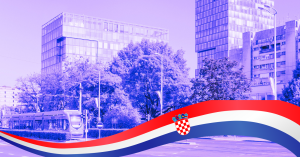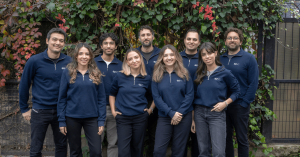Last year, global and regional reports predicted that MedTech, AI, and Sustainability will be the top three trends that would get the most attention in 2022. In these sectors, telemedicine, blockchain, and the circular economy would be the main verticals receiving higher funds than before. The moment of truth has arrived: what verticals recorded the highest traction in 2022, and what are investors hyped about for 2023?
The Recursive analyzed the first half of 2022 when it comes to funding rounds in Bulgaria, Romania, Greece, Serbia, Croatia, and North Macedonia, and the data shows tech startups raised over €2B, pushing the ecosystem for a record year.
The biggest funding was taken by Greek Fintech, Viva Wallet, with a €700M investment, followed by Croatian Rimac Group with €500M developing the electric vehicles market. While the Greek zip code seemed to be on an unprecedented growth path, Bulgarian Fintech Payhawk also showed an amazing year, becoming the country’s first unicorn.
Continue reading to discover the fastest-growing tech verticals in CEE in 2022, regional investors’ predictions for next year, and a global and European overview of the tech startup trends for 2023.
The fastest-growing tech verticals in CEE in 2022
“In Bulgaria this year we were able to pinpoint our best verticals as Fintech, Business Software, and Automotive Solutions, as you can see in our BVCA state-of-the-industry report,” – Max Gurvits, Vitosha Venture Partners
#1 Transportation in CEE: Over €1B were invested throughout the biggest funding rounds. Croatian Rimac takes the lead with over €500M funding rounds, followed by Greek Flexcar with over €200M, and Spotawheel with over €100M.
#2 Fintech in CEE: Over €800M were invested in bigger funding rounds. Serbian Tenderly raised around €40M, Bulgarian Boleron took home €2M, followed by Greek Woli with a smaller round of up to €1M.
#3 Enterprise software in CEE: Over €764M were invested in bigger funding rounds. Romanian chatbot DRUID AI raised over €14M, Greek Harbor Lab raised over €6M, and Romanian Bunnyshell over €3M.
#4 Food tech in CEE: Over €337M were committed in bigger funding rounds. Romanian bonapp.eco raised over €800K, followed by Serbian Agremo, and Romanian Ialoc both with a €500K round.
#5 Security tech in CEE: Over €332M went to the bigger funding rounds. Romanian Cyscale raised €3M, followed by Licenseware with €1M, and Serbian Airlius with a €600K angel round.
Tech verticals CEE investors predict for 2023
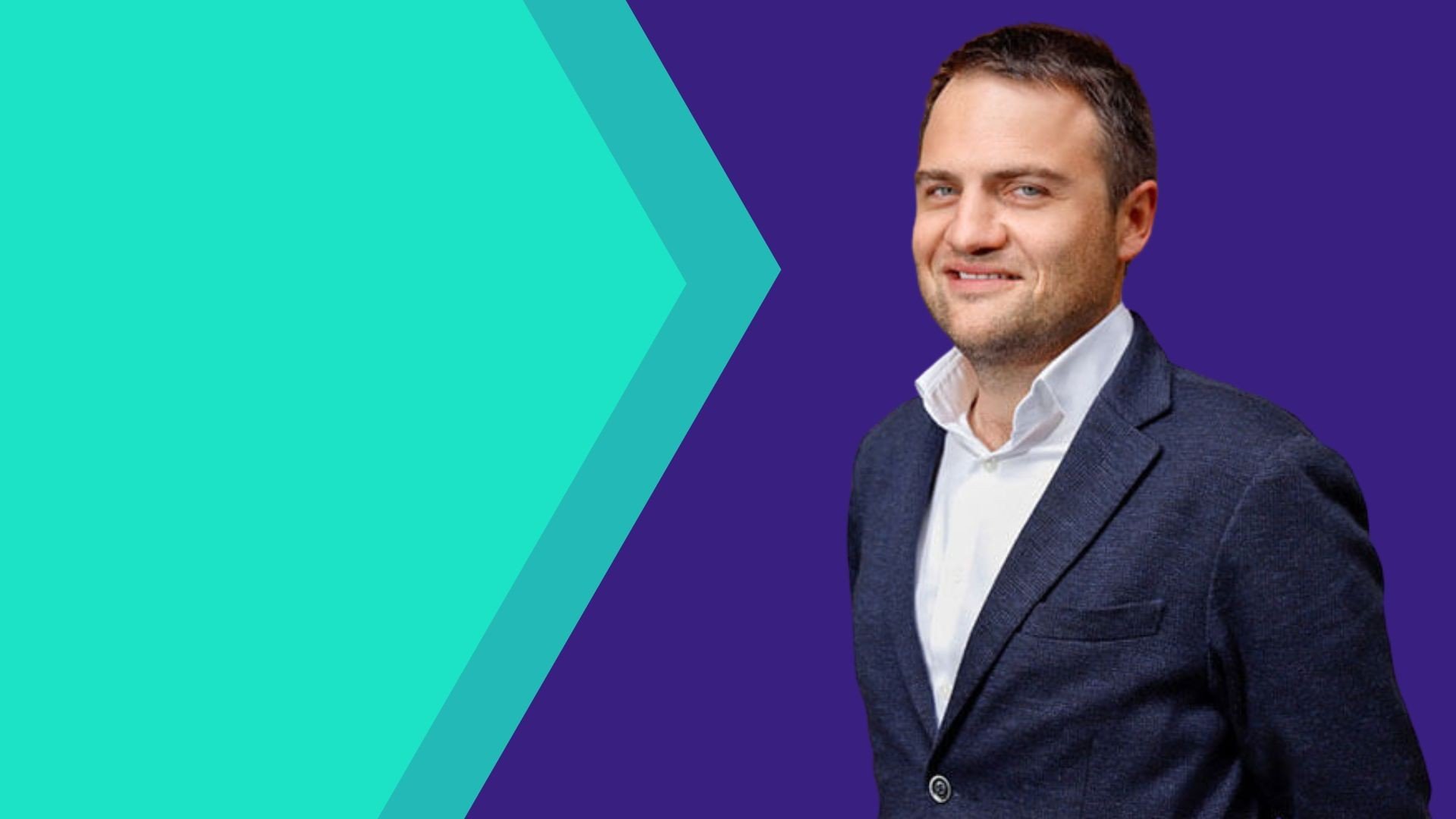
Max Gurvits
Max Gurvits, a Managing Partner at Vitosha Venture Partners, tells us that for next year, the team thinks food tech will become an exciting tech vertical, followed by fintech, with Payhawk inspiring the ecosystem players, as well as business software powered by AI.
“We also see that with Bulgaria being strong in both automotive manufacturing and engineering, as well as energy technology, there is a strong potential for the market to become a leader in green automotive solutions, like batteries and other EV-related systems,” he concludes.
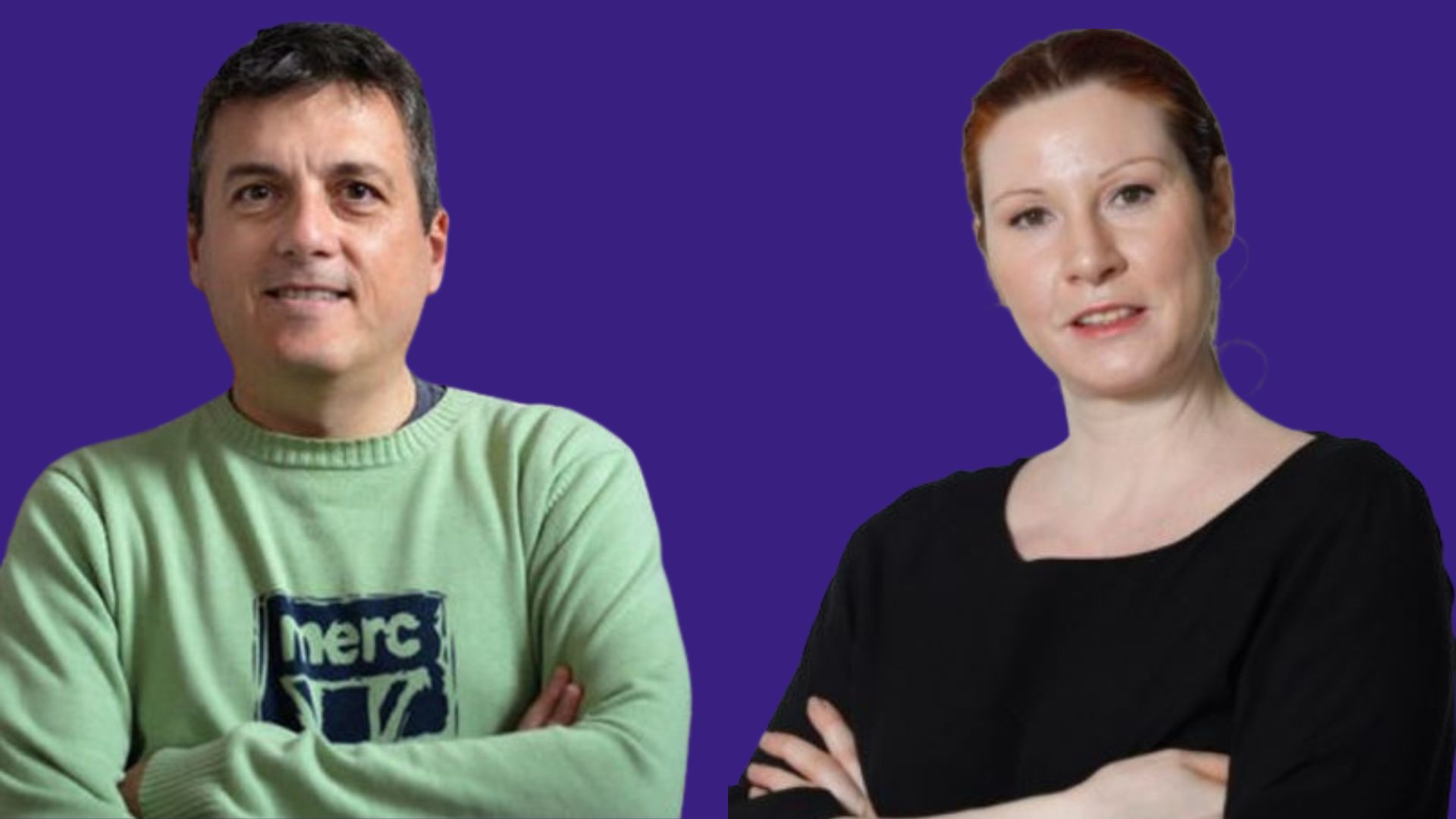
Lyuben Belov and Irina Dimitrova
Continuing in the Bulgarian zip code, Irina Dimitrova, a Partner at LAUNCHub Ventures, says that she is expecting optimization across industries due to cost-cutting, and consumer-facing business models will suffer.
“If we are to single out winning verticals though, Enterprise Software will remain the value driver in 2023 with Infrastructure Automation and Generative AI subsets most likely to gain the investors’ attention. Future of work is another vertical I am positive that will ride the optimization wave,” she shares; and fellow Managing Partner, Lyuben Belov, joins with “I am bullish on Web3 Infrastructure and Web3 Social. It’s either these or I’d be bored senseless.”

Cristian Dascalu
Traveling to the North, in Romania, Cristian Dascalu, a Partner at GapMinder VC, is focused on ML startups and use cases. The vertical has undergone a fast transformation and adoption in the past few years, due to the data growth trends, so he believes ML is getting ready for industrialization and democratization, with the condition to use it responsibly.
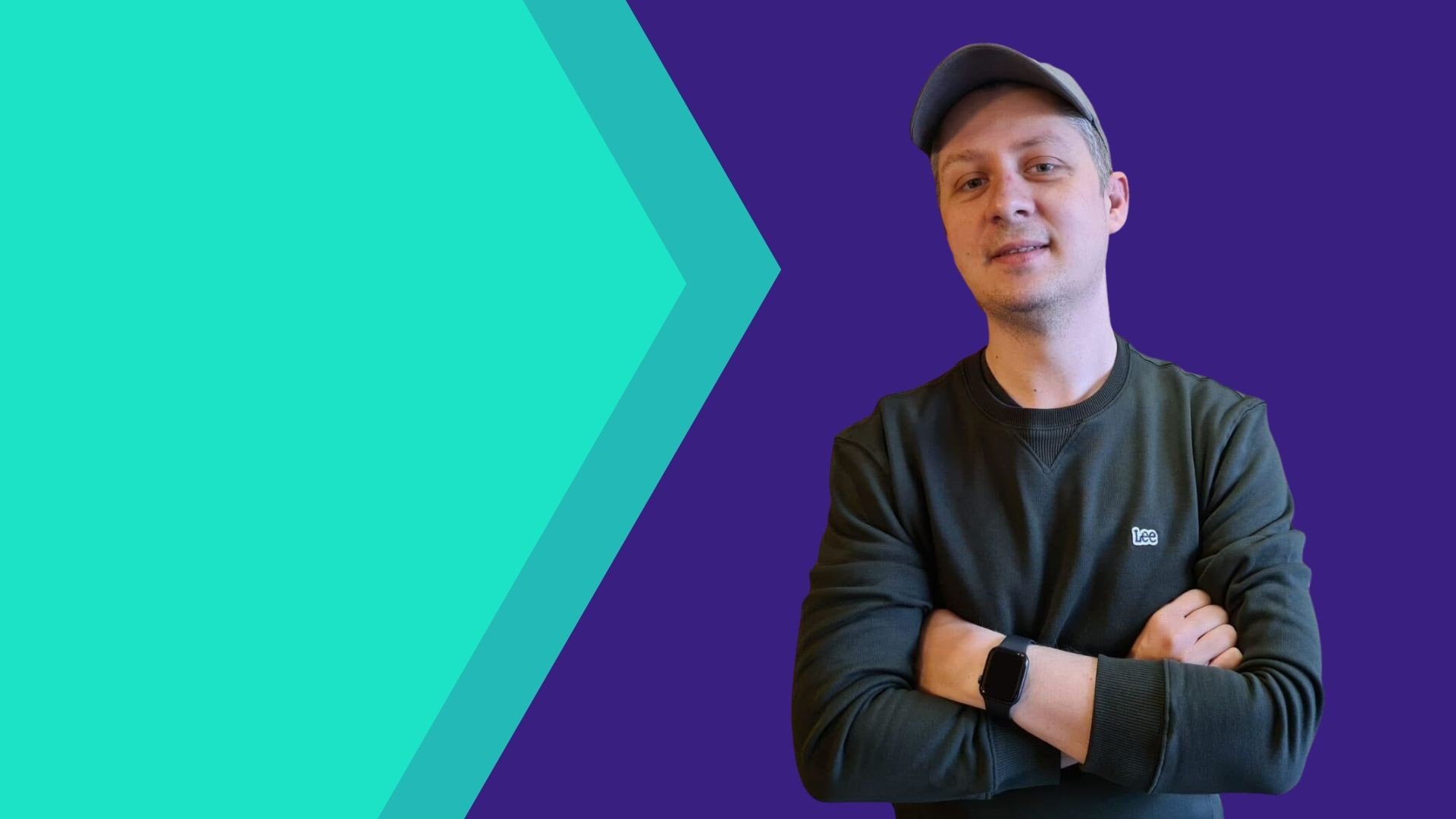
Bogdan Iordache
Joining us locally, Bogdan Iordache, General Partner at Underline VC, reveals “The next period will favor startups that sell efficiency or optimization solutions – for example not doing more sales, but increasing the sales conversion or decreasing the sales costs. Founders should evaluate if re-positioning their products for this value proposition will help them in their go-to-market strategy. And due to the geopolitical context and the relocalization of strategic industries, I expect more activity in cybersecurity and defense tech verticals.”
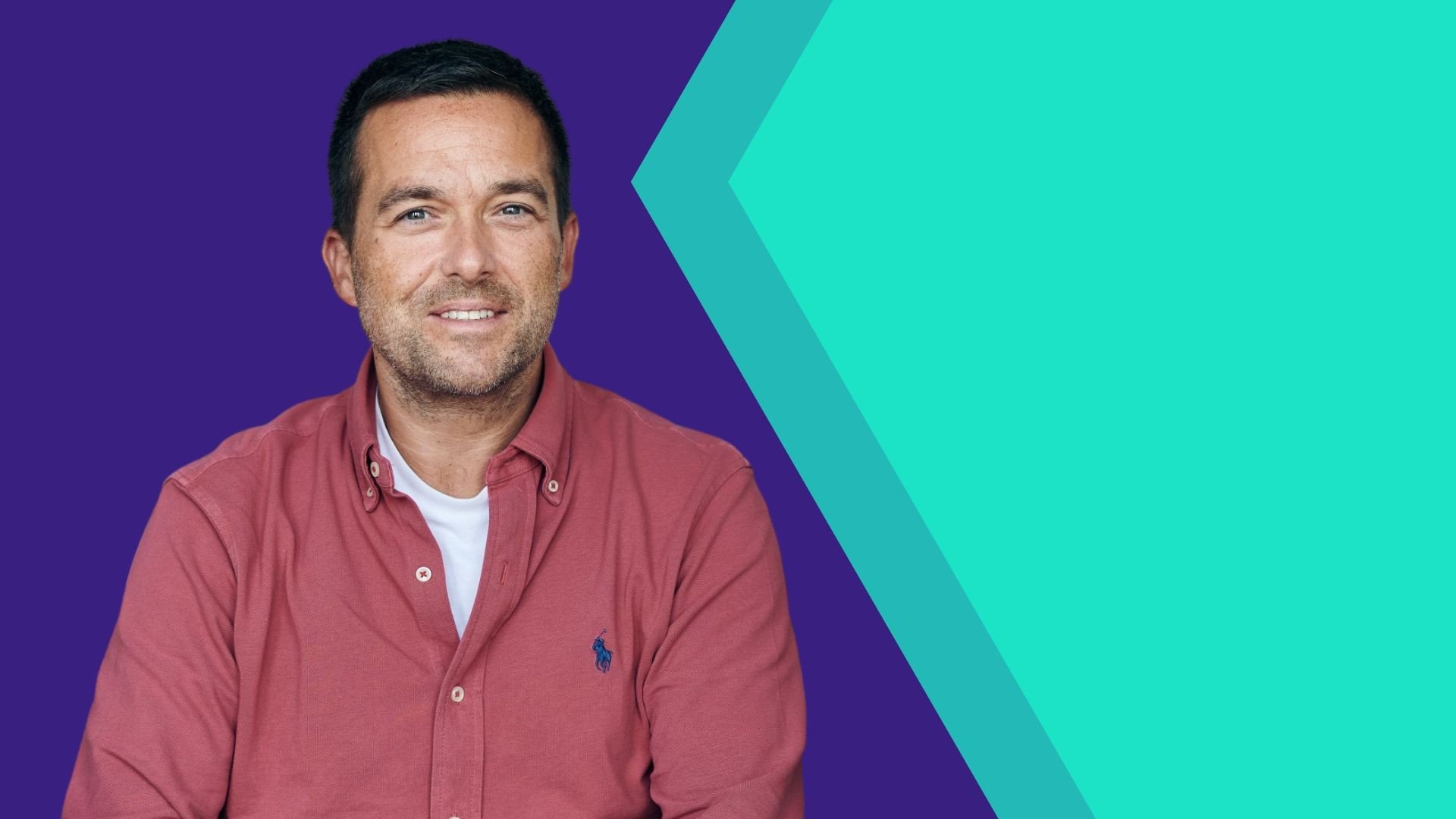
Ondrej Bartos
CEE investors are joined by Ondrej Bartos, General Partner at Credo Ventures, from the Czech Republic. “We’re not focused on one specific vertical or another, but since you asked the question just a week after OpenAI released ChatGPT, I have to say that based on this impressive new technology demo shows that we might be just at the beginning of something really exciting and potentially huge.”
So, you heard it, 2023 fastest-growing tech verticals might be food tech, fintech, enterprise software for optimization, powered by AI and ML, green automotive solutions, infrastructure automation, and defense tech. And all of these can also be found in other regional and global reports.
Global tech trends for 2023
Atomico’s “State of European Tech” report predicted that VC funding of European startups would drop by around 18%, to approx. €80B this year. The major factors of the drop in liquid funding are the war in Ukraine and other geopolitical tensions, inflation, and resulting high-interest rates.
But analysts say this isn’t a “doom and gloom” moment, as The Rolling Stones sing. As emerging tech startup ecosystems are growing at a steadier pace, this translates into market stabilization, fewer mega-rounds, longer fundraising funnels from “hand-shakes” to “money in the banks”, and less competition as this market sifts out the non-stoics.
Deloitte’s Technology, Media and Telecommunications (TMT) 2023 Predictions report indicates that the main angle for next year will be “to do more with less”, as the economic downturn will set the tone of the year’s strategies.
While consumers are thinking of cost-effective measures to be productive, businesses will most likely look for efficient ways to innovate. Here are some of the trends indicated by Deloitte:
- The semiconductor market is still looking for ways to meet the demand, and it seems that AI could be the next top choice to save time and money, but also close the talent gap.
- Organizations will work harder to reach net zero by 2030.
- 5G networks will transform enterprise communication, as will virtual production tools, and VR.
- As the young generations are growing, so will gaming M&As.
We found AI and sustainability mentioned in Garner’s analysis, as well. Among their tech trends for 2023, there are:
- Using AI to analyze and make intelligent recommendations faster.
- A combination of tailored SaaS (software as a service), PaaS (platform as a service), and IaaS (infrastructure as a service) tools to adapt quickly to different disruptors.
- All-in-one projects enabling a new business model. They combine an app, a platform, and an ecosystem.



